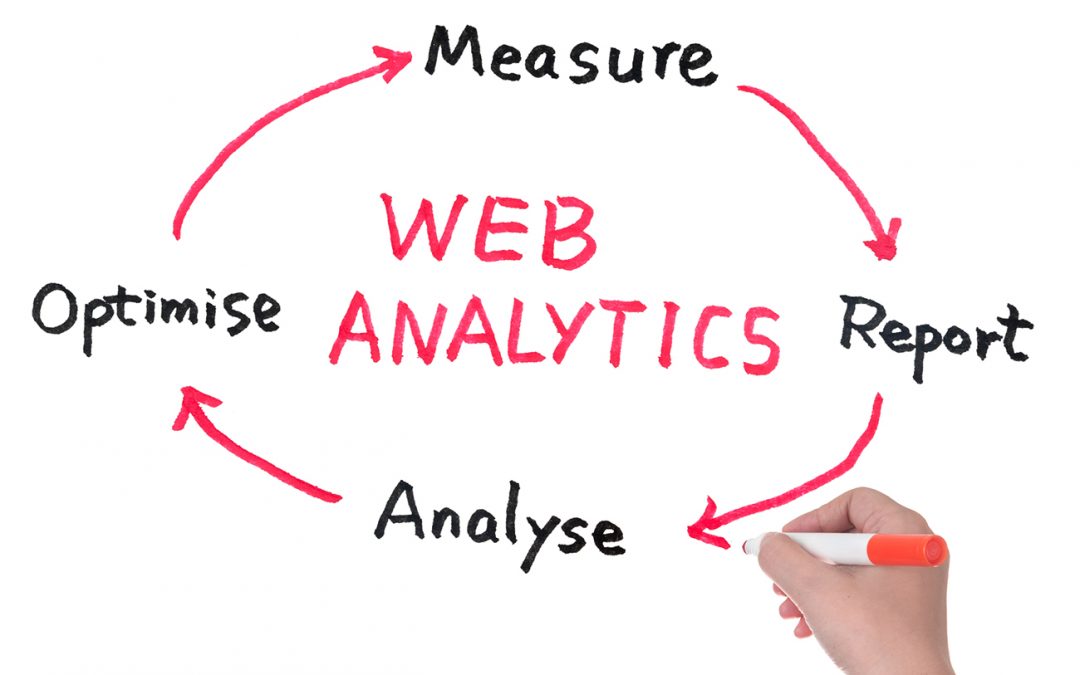How to Use Web Analytics to Drive Traffic and Sales
In today’s digital world, having a beautiful website is not enough. If you can’t measure performance, you can’t improve it.
This is where web analytics plays a powerful role.
When used correctly, web analytics doesn’t just track visitors — it provides insights that can transform traffic into leads and sales.
Whether you run an e-commerce store, a sourcing service platform like BestSourcing-Agent.com, or a consultancy business, understanding web analytics can make a real difference.
In this blog, we’ll dive into how you can effectively use web analytics to boost your website traffic and generate more sales.

1. Understand What Web Analytics Really Means
Web analytics is the collection, measurement, and analysis of website data. It tells you:
-
How users find your site
-
What they do once they are there
-
Where they drop off
-
What actions they take (or don’t take)
Platforms like Google Analytics, Hotjar, and Adobe Analytics are commonly used to gather these insights.
✅ Tip: Always install an analytics tracking code on your website as a priority.
If you’re looking to improve your online reach just like BestSourcing-Agent.com does for global clients, web analytics should be at the heart of your strategy.
2. Track Key Metrics That Matter
Not all data is equally valuable.
Focus on key performance indicators (KPIs) that align with your business goals.
Some crucial metrics to monitor include:
-
Traffic Sources: Know if visitors come from search engines, social media, referrals, or direct.
-
Bounce Rate: Percentage of visitors who leave without taking action.
-
Average Session Duration: How long users stay on your site.
-
Pages Per Session: Are visitors browsing more than one page?
-
Conversion Rate: How many visitors are turning into customers or leads?
-
Exit Pages: Where are people dropping off?
✅ Example:
BestSourcing-Agent.com tracks traffic sources to understand which regions and industries are showing the highest interest, then optimizes content accordingly.
3. Analyze Your Audience Deeply
Beyond raw numbers, analytics platforms provide demographic, geographic, and behavioral insights.
You can learn:
-
Age groups visiting your site
-
Locations of your most engaged users
-
Devices used (mobile, tablet, desktop)
-
Time of day when traffic peaks
This audience understanding lets you personalize marketing efforts to drive more targeted traffic.
✅ Need global exposure for your sourcing services?
Partner with BestSourcing-Agent.com for expert advice on digital marketing and sourcing strategies.
4. Use Analytics to Improve Your SEO Strategy
SEO (Search Engine Optimization) and web analytics go hand-in-hand.
Analytics shows:
-
Which keywords are bringing visitors
-
Which landing pages rank well
-
What organic search behaviors lead to conversions
If you notice certain keywords or pages outperforming others, double down on similar content to drive even more organic traffic.
✅ Example:
BestSourcing-Agent.com creates blog posts and landing pages based on keyword insights to enhance visibility across different sourcing categories.
5. Optimize Your Content Based on User Behavior
Web analytics helps you identify your best and worst-performing content.
For instance:
-
Pages with high bounce rates may need better CTAs (Call-To-Actions).
-
Blog posts with longer time-on-page indicate engaging topics.
-
Product pages with low conversions may need pricing, descriptions, or layout improvements.
Constantly refine your content strategy using these insights to better match user interests and intent.
6. Set Up Conversion Tracking and Funnels
You’re not just interested in page views — you want sales, leads, or inquiries.
Set up goal tracking in Google Analytics or other platforms:
-
Form submissions
-
Product purchases
-
Email newsletter sign-ups
-
Call bookings
Funnels show you where visitors abandon the sales process, helping you patch weak points.
✅ Tip: Track how users move through sourcing inquiry forms like those on BestSourcing-Agent.com to improve completion rates.
7. A/B Testing and Data-Driven Improvements
Want to know if a new homepage banner works better?
Or whether changing your CTA button color increases clicks?
Use analytics-driven A/B testing to scientifically test:
-
Headlines
-
Images
-
Call-to-action buttons
-
Landing pages
Backed by data, you can optimize without guessing, steadily improving your website performance.
8. Automate and Customize Your Reports
Manually checking data every day is exhausting.
Instead:
-
Automate email reports
-
Customize dashboards based on your KPIs
-
Set alerts for sudden traffic spikes or drops
Automation ensures you stay updated without wasting time.
✅ Example:
BestSourcing-Agent.com leverages custom analytics dashboards to monitor sourcing inquiries, traffic growth, and lead conversions in real-time.
Conclusion: Web Analytics Is Your Business Growth Engine
In 2025 and beyond, companies that master web analytics will dominate their industries.
By:
-
Understanding traffic sources
-
Tracking meaningful KPIs
-
Personalizing user experiences
-
Optimizing SEO
-
Enhancing conversion funnels
you can turn casual visitors into loyal customers.
👉 Need expert guidance on building a high-converting website and sourcing international opportunities?
Partner with BestSourcing-Agent.com today to future-proof your business!